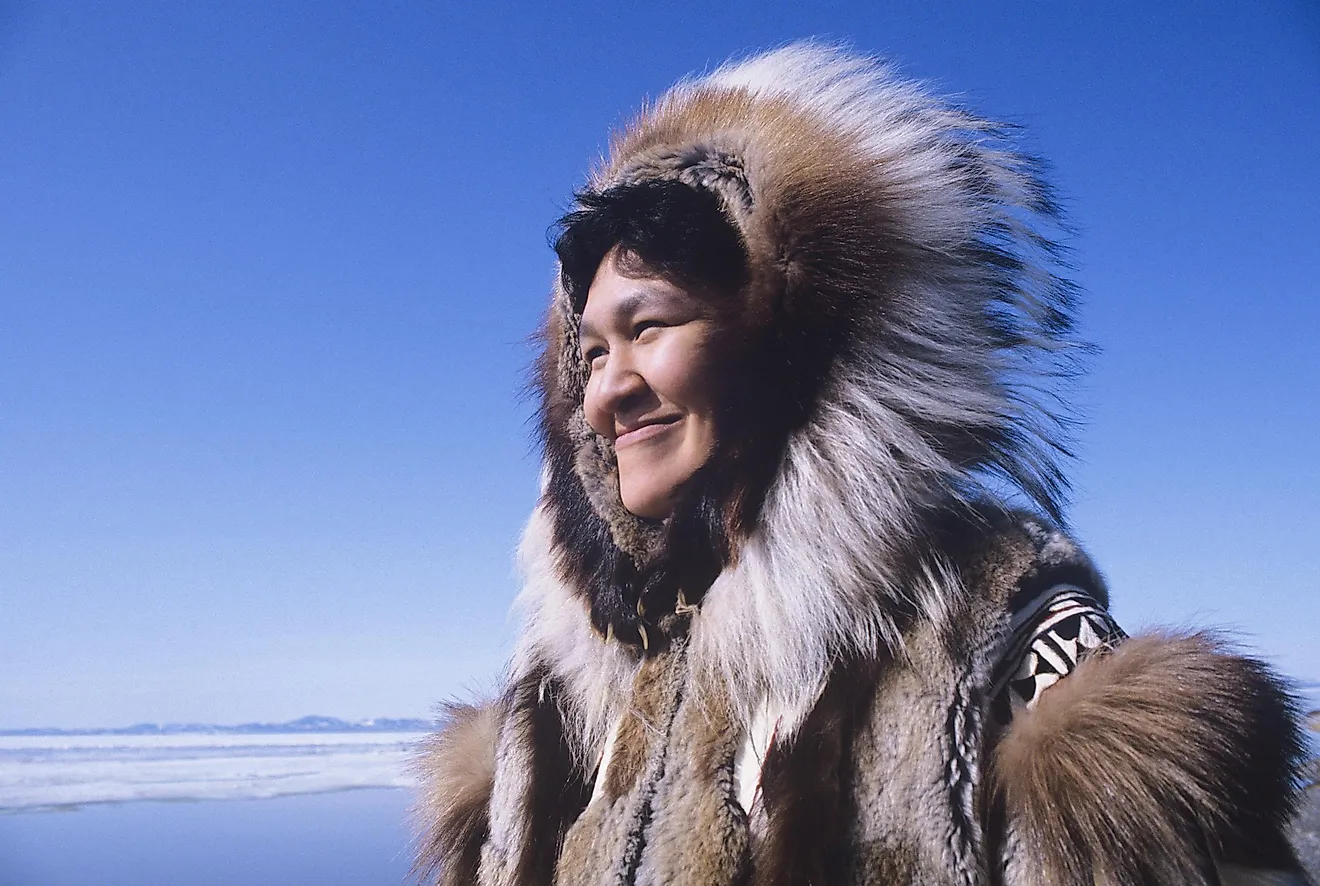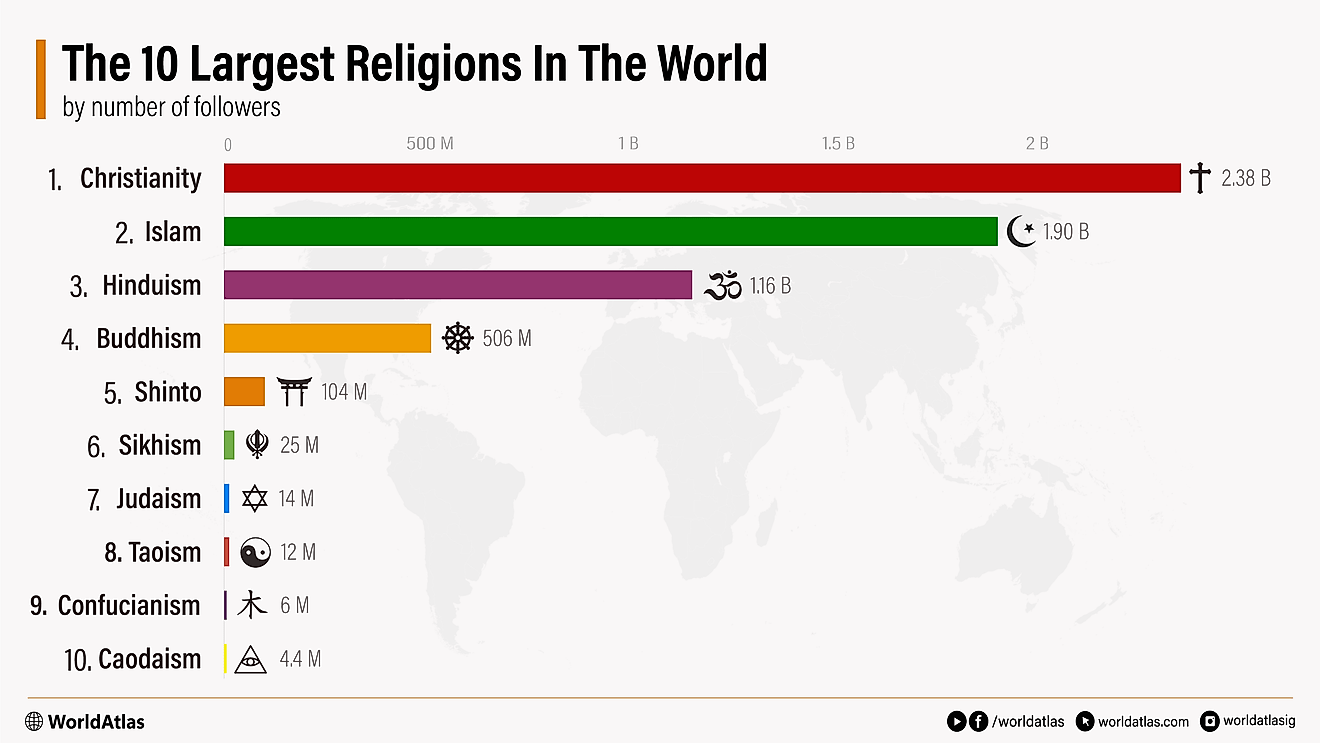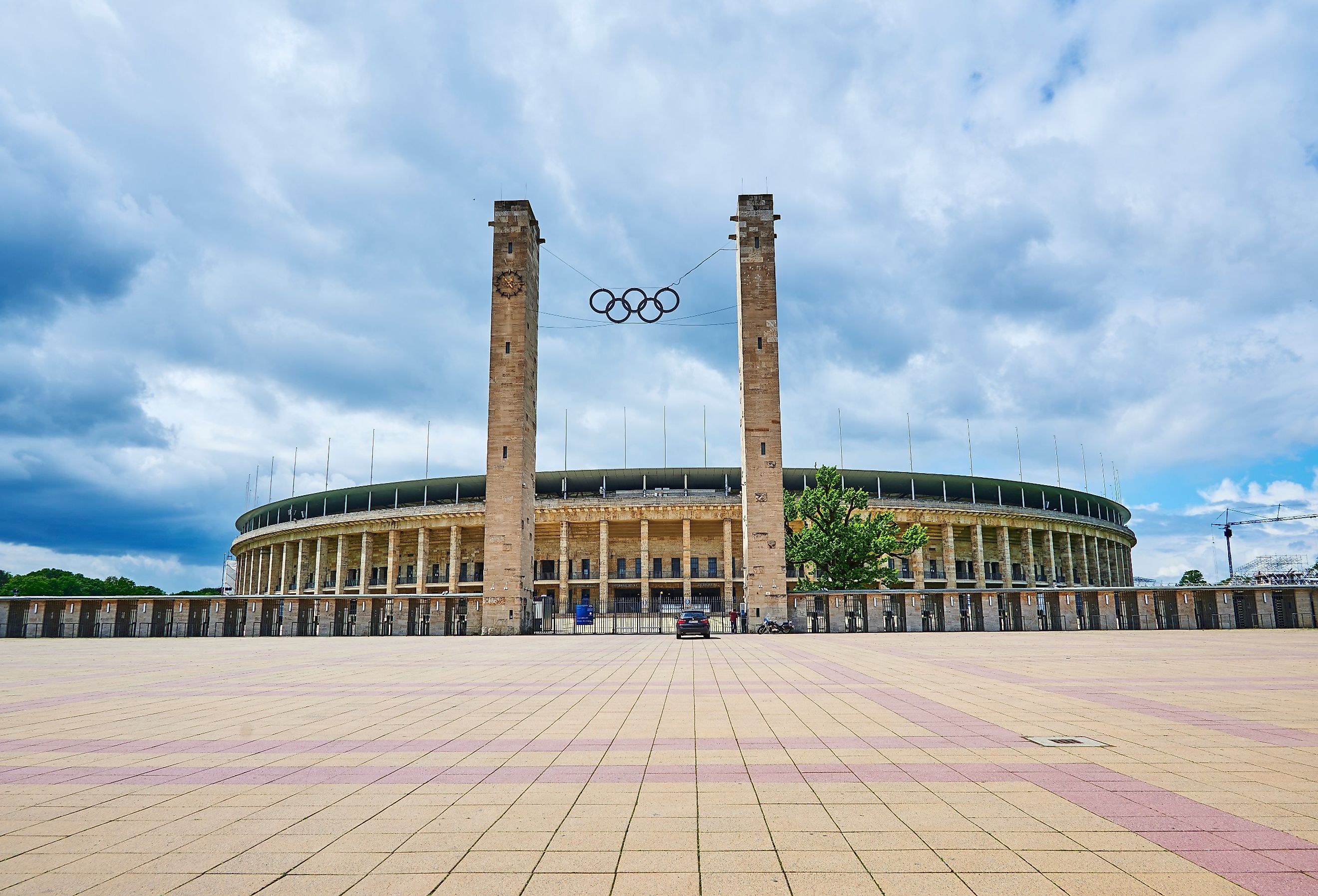
The Most Controversial Summer Olympic Games In History
As much as they’re meant to celebrate and encourage world peace and inclusion, the modern Olympic Games have often proven to be a stage for political drama and international controversy. While the primary purpose of the Games is to promote unity through sports, various instances in history have seen the Olympics embroiled in disputes and conflict. From the political boycotts of the 1980 Moscow Games after the Soviet Union invaded Afghanistan and the tragic terrorist attack at the 1972 Munich Olympics, the Games are sometimes overshadowed by controversy, geopolitical tensions, and violence.
However, of these controversies, the 1936 Summer Olympics in Berlin stands out as the most controversial. Hosted by Adolf Hitler's Nazi regime, these Games were used as a propaganda tool to promote and legitimize Nazi ideology, cementing its place as one of the darkest chapters in Olympic history.
Nazi Propaganda and the Hijacking of the Olympics
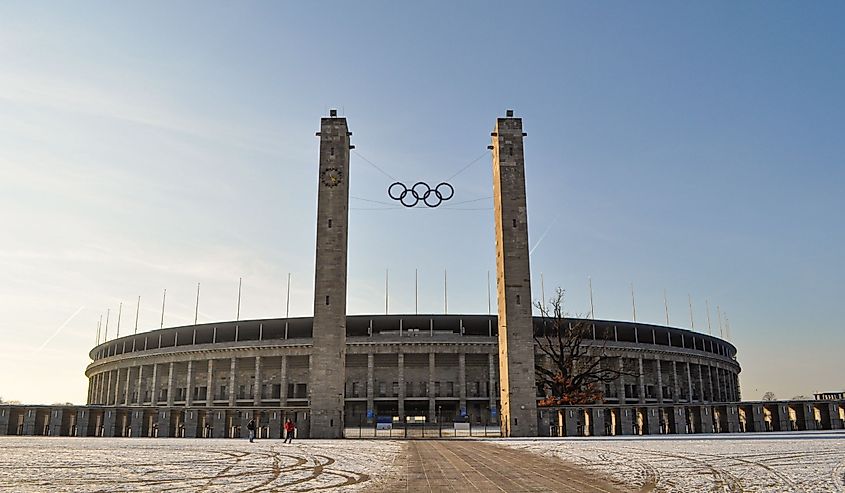
The decision to hold the 1936 Summer Olympics in Berlin, Germany, was made by the International Olympic Committee (IOC) before the Nazi party under Adolf Hitler came to power in 1933. Once in charge of the country, the Nazis set about using the upcoming Olympics as an opportunity to showcase the regime to the world. The Games were heavily propagandized, with the regime aiming to demonstrate the supposed superiority of the Aryan race, along with the efficiency of the Nazi government under Hitler’s leadership.
Everything about the 1936 Olympics, from its intense publicity to its grandiose venues, was designed to promote Nazi ideologies. With stadiums adorned with swastikas serving as a backdrop, the event was famously captured by filmmaker Leni Riefenstahl, a close associate of Hitler who was commissioned to produce a documentary about the Games. Her film, Olympia, while technically innovative and artistically acclaimed, was to all intents and purposes a piece of propaganda that glorified the Nazis and their ideologies.
Nazi Antisemitism and Racism
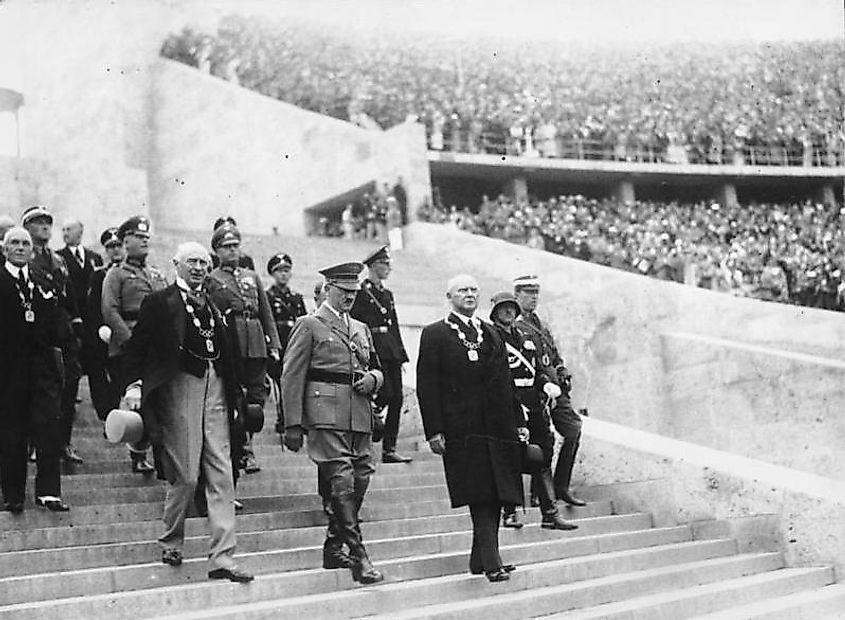
One of the most glaring aspects of the 1936 Berlin Olympics was the Nazi party's antisemitism and racism. Despite the regime's oppressive policies towards Jews and other minorities, international pressure led the Nazis to ease some of their discriminatory measures temporarily; signs banning Jews from public places were removed, and Jewish athletes were allowed to compete.
This façade of tolerance was, however, superficial. Many Jewish athletes were excluded from the German team or faced severe discrimination, although some exceptions were made for the sake of optics. These included silver medalist Helene Mayer, a fencer of Jewish descent, who was included in the German team to present an image of inclusivity. But Meyer was the exception rather than the rule, and most Jewish athletes were sidelined or faced obstacles that prevented them from competing.
International Reactions and Boycotts
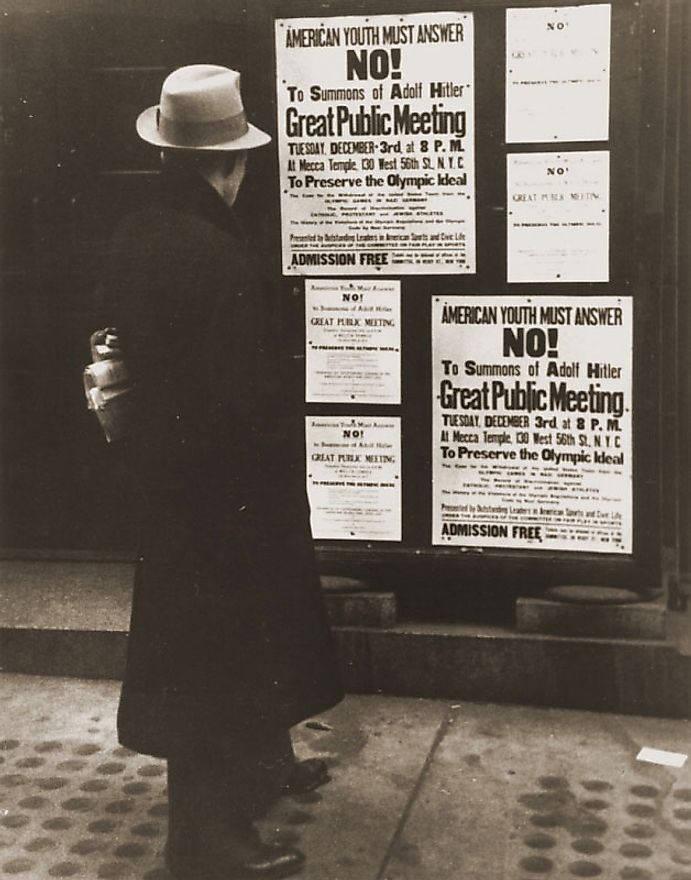
The decision to hold the Olympics in Berlin was met with significant international opposition. Calls to boycott the event were widespread, particularly from the United States and other Western democracies, and were motivated by the Nazi regime's blatant human rights abuses and its oppressive policies towards Jews and other minorities, which were becoming increasingly obvious.
Despite these calls for a boycott, however, most countries chose to participate in the Games, hoping that international engagement might mitigate some of the worst aspects of Nazi policies. Some countries, like Spain, did choose to boycott the Games, citing both the ongoing Spanish Civil War and opposition to the Nazi regime as reasons for their absence.
Participation and Protest
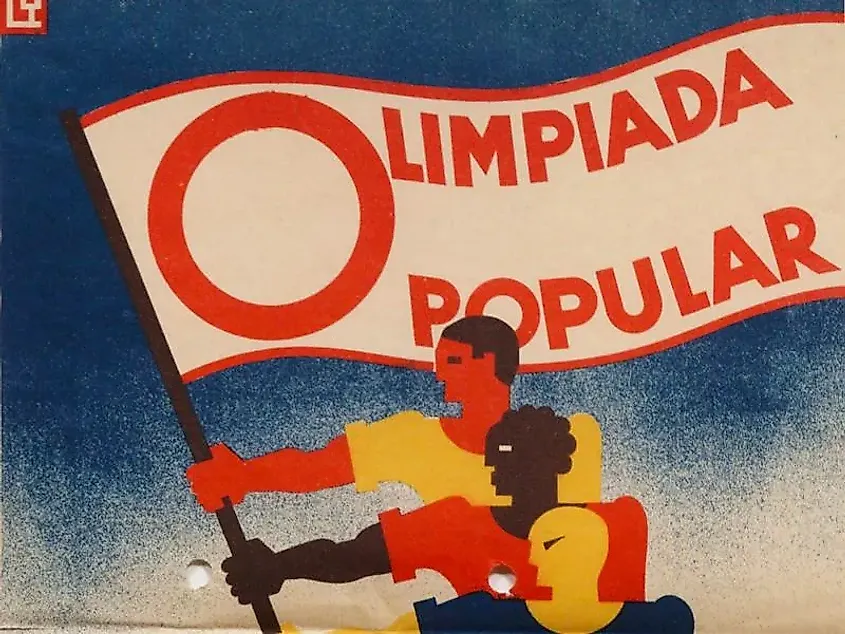
Protests and demonstrations marked the participation of some countries in the Berlin Olympics. Athletes from some nations participated in the protest, wearing symbols of solidarity with those known to be oppressed within Germany and in other locations across the globe. Most notably, some American athletes wore badges with the slogan "Equal Rights" to protest the Nazi regime's policies.
The Games were also used as a platform for political statements. The U.S. Olympic team was a prime example and included several Jewish athletes who were seen as symbols of resistance against Nazi oppression, their participation and, in some cases their successes, seen as acts of defiance against Hitler’s totalitarian regime.
Jesse Owens' American Triumph
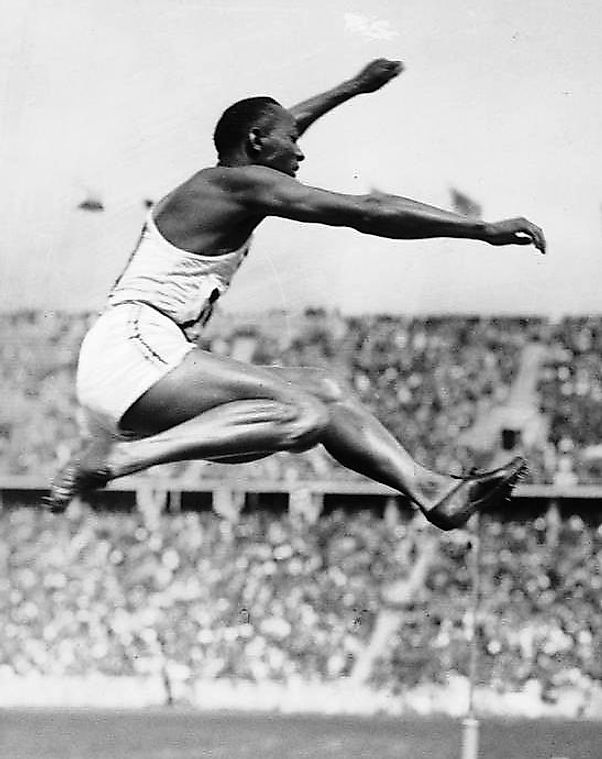
In stark contrast to the Nazi’s propaganda messages of Aryan racial superiority, the star of the 1936 Olympics was undoubtedly Jesse Owens. An African American athlete, Owens won an impressive four gold medals in track and field events, including the 100 meters, 200 meters, long jump, and 4x100 meter relay - victories that were not only a personal triumph but also a powerful repudiation of Nazi racial theories.
There’s little doubt Owens' success was a significant blow to Hitler's propaganda efforts, with the Nazi leader even refusing to participate in award ceremonies that would have contradicted his beliefs. Despite his impressive achievements, however, Owens faced racism at home in the United States, highlighting the pervasive nature of racial discrimination beyond Nazi Germany. His victories, however, certainly provided a counter-narrative to the racial ideologies espoused by Nazism, underscoring the absurdity of their claims of Aryan superiority.
The Berlin Olympic Legacy and Aftermath

The controversial 1936 Berlin Olympics left a lasting legacy, both in terms of the Olympic movement and global politics. The Games set a precedent for the politicization of sports and the use of international events as platforms for propaganda, highlighting the potential for sports to be manipulated for political ends. This trend has continued in various forms in subsequent Olympic Games.
The Berlin Olympics also significantly impacted the athletes who participated. Jesse Owens' victories, for example, remain iconic, symbolizing the triumph of individual excellence over oppressive ideologies. The Games also prompted changes within the IOC, leading to greater scrutiny of host nations and their policies. The controversies surrounding the Berlin Olympics underscored the need for the Olympic movement to uphold its principles of equality and fairness, leading to ongoing debates about the role of politics in sports.
A Final Word About the Berlin Olympics of 1936
Despite its theatrics and veneer of legitimacy, the 1936 Berlin Olympics (aka, "The Nazi Olympics") remain one of the most controversial in history and serves as a stark reminder of how international sporting events can be manipulated for political purposes. The Nazi regime's use of the Games as a propaganda tool, combined with the racial and political tensions of the time, made these Olympics a unique and troubling chapter in Olympic history. The legacy of the Berlin Olympics continues to influence the Olympic movement, highlighting the need for vigilance in ensuring that the Games promote their core values of peace, unity, and equality. As the world continues to grapple with issues of discrimination and political conflict, the lessons of the 1936 Olympics remain as relevant as ever, and have in fact given the IOC the courage and legitimacy need to ban other dictatorships such as that of Russia’s Vladimir Putin after his invasion of Ukraine.









